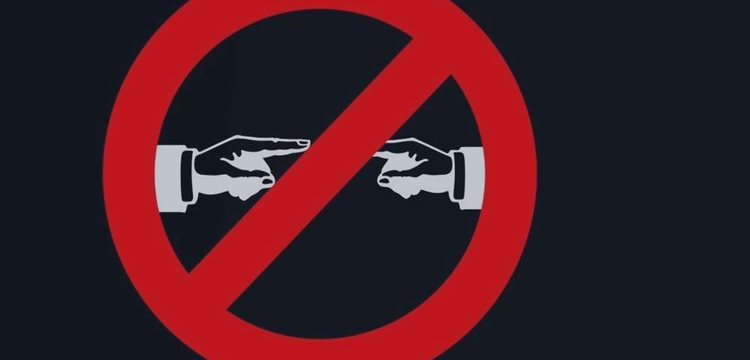
Ebola crisis hit home for Americans the other week with the death of a Liberian man in Dallas. These developments unraveled the projected confidence of leading physicians and officials of the Center for Disease Control that the disease was a low-risk threat to our country with its advanced medical systems.
The recent Congressional hearing was predictably all finger-pointing and demands for greater accountability of CDC Director Thomas Frieden. And after announcing the need for a more intense government response, President Obama named former White House staffer Ron Klain as his “Ebola Coordinator.”
Unfortunately, we need something different in a world increasingly threatened by cross-boundary, multi-dimensional threats. No single bureaucratic institution, such as the CDC, will be able to get ahead of this challenge, and mid-level administrative coordination won’t be enough either. Instead of institution-based siloes and command-and-control, Ebola demands the collective problem-solving and action of a virtual community — and the mobilization of an entire ecosystem of diverse players.
Containing this kind of disease is all the more difficult because many different institutions must be part of any solution. In addition to hospitals, an integrated systemic response will call on community health organizations, airlines and other public transportation companies, the TSA, and providers of other services patronized by those potentially infected. The media has to focus on public awareness and communication of evolving risks
Techno-enthusiasts will reply what’s needed is a network-based approach, with better use of specialized and mass social media to rapidly share information among the institutions and individuals involved, to collect data about disease spread, and to surface new ideas and volunteers. Relying on the crowd and building more networks among those pulled into the Ebola crisis will add more flexibility and innovation to the existing bureaucratic response.
That’s important. But as I described in an earlier blog, networks struggle to build shared purpose among diverse players and to create shared accountability for real performance on the ground. For that, we need a community. Communities take networks to the next level by building on a common purpose to drive collaborative problem-solving. They instill a sense of joint responsibility without all the finger-pointing. It’s urgent that we move from the “thin we” of today’s current response to the “thicker we” of a community engaged for true cooperative action.
Beyond the immediate risk of Ebola, we should strive to identify and promote this kind of mobilizing leadership for future crises. Our world is awash with cross-boundary multi-dimensional threats: terrorism, climate change, interdependent financial chaos, demographic dislocations. Institutions and even nations will never meet these challenges alone, and especially not with yesterday’s management approaches. We need the kind of problem-solving communities that only creative leaders can foster.


